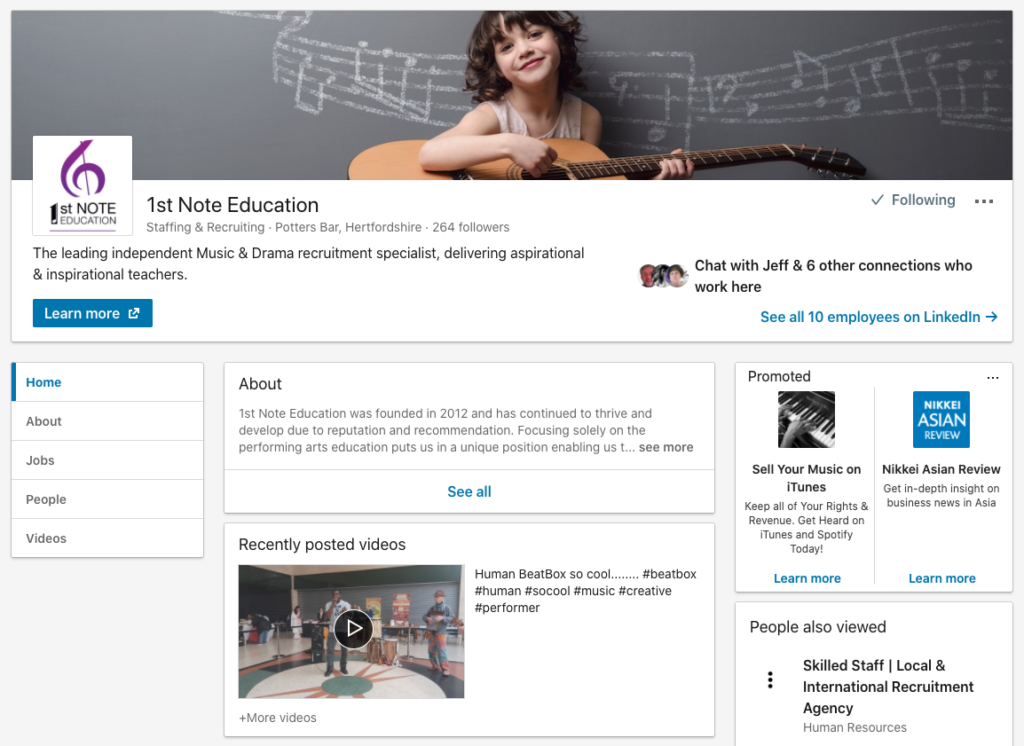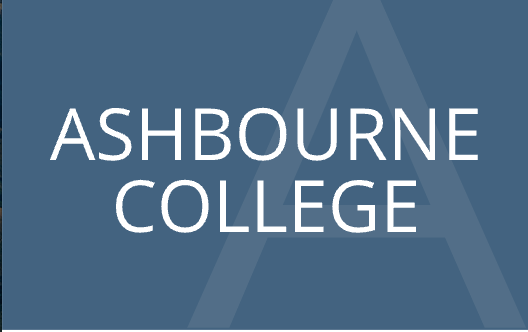Giving Praise (Part 2)
As an NQT, knowing when to give praise can be the hardest thing to do. Over praising, under praising, or giving praise at the wrong times can all have counterproductive effects on the classroom. (Check out Website blog 30 ‘how to give students praise effectively’ for more on that). I read an article written by Carol Dweck, a professor of psychology, suggesting praise is handed out to students before they have even reached any learning objectives or outcomes. The article continues to explain how praise shouldn’t be used just for students who struggle. I have been teaching for a while now, but I must admit, I still tend to give praise at the wrong times. It is really easy to hand out praise if you see a child struggling, but really trying. It is a pastoral and nurturing instinct built in, wanting to inject the praise as a positive to hopefully get the child working even harder, or acknowledging that they are trying. Let us not get praising and rewarding confused. The following article from Professor Carol Dweck delves further into the dos and don’ts of giving praise and might be of benefit to all of us as teachers, and I felt it quite apt as it related to the post I wrote on giving praise effectively (website blog 30).
‘Praise the effort, not the outcome? Think again’
Set a high bar and help students to reach it, urges growth mindset pioneer
Always try to praise the effort, not the outcome. That’s the lesson that parents and teachers often take from my work. But it’s the wrong lesson, or it can easily become so.
Yes, the research that underpins growth mindset theory does show that praising children’s hard work or strategies when they’ve done well – “process praise” – has a number of positive effects.
Praising children’s ability (“You’re really good at this!”; “Aren’t you a clever girl/boy?”) conveys a fixed mindset – ie, the belief that abilities are simply fixed. Such praise may feel good in the moment, but it makes students worried about difficulty and mistakes, worried about losing their “clever” label.
“Process praise”, on the other hand, conveys to students that they can develop their abilities and it suggests how this can be done. We find that it makes children more likely to want challenging work and to persist when the work gets more difficult. Recently, we’ve found that a mothers’ level of process praise to a toddler predicts the child’s growth mindset and desire for challenge five years later. What’s more, the child’s growth mindset at that point predicts achievement in reading and maths two years later.
So what’s wrong with praising the effort, not the outcome? There are two key areas where things are going awry.
- 1. Lack of focus on outcomes
We are now seeing some educators piling on the praise for effort regardless of whether learning and progress have taken place. Our goal should be to teach students that effort is a means to learning and progress. The goal is not simply to make kids feel good about their lack of progress.
When students try hard but fail to progress, we can begin by appreciating their effort, but then we need to sit with them and say, “Show me what you’ve tried, and let’s figure out what you can try next” or “Tell me exactly what your thought process was when you did it this way, and let’s see if there are other ways that you can try.”
The teacher and student can then take steps to collaborate on how to move forward more effectively. In fact, successful teachers and tutors hold all students to high standards but help them to move toward those standards.
Students need an arsenal of things to do when they are confronting difficult work, not just brute force. Simply telling children “Try harder and you’ll get it” is often misleading. A growth mindset is not just about praising effort regardless of outcome: if students persevere with ineffective strategies, they may end up feeling particularly inadequate.
- 2. Praise isn’t just for when students struggle
A parent recently lamented to me that it was hard not to praise her child’s wonderful accomplishments and only praise her when she was struggling. I told her that of course she could praise the wonderful accomplishments, but she should tie them to what the child did – the strategies she used, the effort she put in, or the information and input she sought. We want students to understand that a good process leads to good learning. Any notion that growth mindset applies only to situations where a child is struggling is incorrect.
Of course, I understand that educators want to take the emphasis off outcomes like test scores. So do I. But I don’t want to take the emphasis off learning and progress. I want students to enjoy and to relish their learning and progress. With educators’ help, I want students to find their schoolwork meaningful and I want them to take pride in their growing skills and understanding.
So, praise the effort not the outcome? Let’s change that to: praise the effort (as well as the strategies, focus, perseverance and information-seeking) in relation to the outcome – with particular emphasis on learning and progress. True, it may not roll off of the tongue quite as easily, but it will certainly help our students more.
Carol Dweck is Lewis and Virginia Eaton Professor of Psychology at Stanford University and the author ofMindset: how you can achieve your potential
https://www.tes.com/news/school-news/breaking-views/praise-effort-not-outcome-think-again
If you would like to add a comment on the following two articles or have any other questions please feel free to comment…
Andy T









